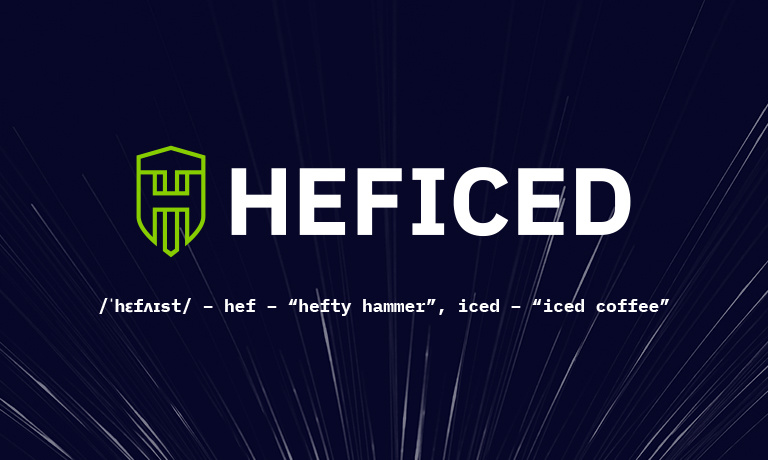The Internet Landscape in the Aftermath of COVID-19: Changes in User Habits and Network Development

The Internet had to withstand an intense strain during the pandemic. This led network users to form new habits, rethink network sustainability, and address digital division.
The rapid outbreak of COVID-19 has affected the world in numerous ways, ranging from an economic halt to social distancing. As governments imposed lockdowns, many had to adapt to the new reality of all-things-online. The surge of users, shifting their focus to the digital world, influenced major changes in online behavior, network governance, and digital adoption, leaving to wonder how this will reshape the current Internet landscape.
New user habits
Global isolation drastically increased the demand for online collaboration services, for instance, video conferencing app Zoom went from 56 thousand to 2.13 million downloads a day as soon as officials announced lockdown. With the majority of the workers having moved online, the newly found convenience of remote work is shaping up to be a long-term reality, which will be highly relevant even in the post-pandemic era.
As the welcoming attitude towards flexible work environments seems to be here to stay, Vincentas Grinius, CEO at Heficed, suggests that companies should place more emphasis on developing a solid in-house network infrastructure, prepared to handle the rise in the digital workforce. “With a significant part of workers taking care of their day-to-day from their home office, companies will need to reevaluate the architecture of their internal network: are there enough IPs? What additional safeguards would mitigate risks associated with pc malware? These are some of the questions that should move up the list of priorities once the situation dials down,” said V. Grinius.
Sharing network resources
The online ecosystem has also revealed itself vulnerable to the mass-usage. For instance, with the sudden increase in traffic, major streaming platforms - Netflix and YouTube – had to lower their video quality to reduce some of the strain on Europe’s infrastructure.
“As soon as the lockdown was announced, the Net felt its consequences with full force: few had backup hardware to maintain a stable network, or enough IPs to suffice increased connectivity,” Grinius explained. “With the population nearing 8 billion, and widespread IPv6 implementation still light-years away, the need to adopt a sustainability-driven mindset that would facilitate further expansion became even more apparent.”
The latest developments showed that the Internet is not advancing as fast as it needs to, in order to keep up with the growing market. According to V. Grinius, the solution to this could be a collaboration-based approach towards network resources.
“IP address leasing could help accommodate the exponentially growing demand without aggravating the current strain on the market,” continued V. Grinius. “Reallocating unused IPv4s enables companies to continue scaling alongside increasing device connections and could be the facilitator the market needs until it is a hundred percent IPv6-ready.”
Lower digital division
The Internet helped solve numerous problems that have risen along with the coronavirus wave. That said, the circumstances also exposed a significant digital divide in emerging, as well as developed countries, as many were unable to get online: it is predicted approximately 3.7 million have no Internet access. V. Grinius notes that the current crisis will act as a catalyst for lessening the gap in connection, which seems like a highly likely scenario, as it is already pushing some markets towards more rapid digitization.
“Interconnectivity is what the market is heading towards. For those that have been delaying the implementation of digitized solutions, or not giving them the required attention, this was an eye-opener,” said V. Grinius. “The pandemic emphasized the significance of having network access and will be an essential factor in driving progress, as there are plenty of opportunities for anyone willing to execute change.”
Even though the full scope of how this recent shift is going to evolve in the future is unclear - these major changes already on the way to shape a new reality where everything is connected.
About Heficed
Headquartered in London, Heficed provides full-range services for IP lease, monetization, and management services. Heficed serves around 60 multi-billion industries starting from hosting to automotive or healthcare. With the millions of IP addresses and 12 years of industry experience and the operations globally Heficed can meet any demand needs. That includes automated provisioning bare-metal solutions and cloud services in 9 locations around the world. More information: https://www.heficed.com.